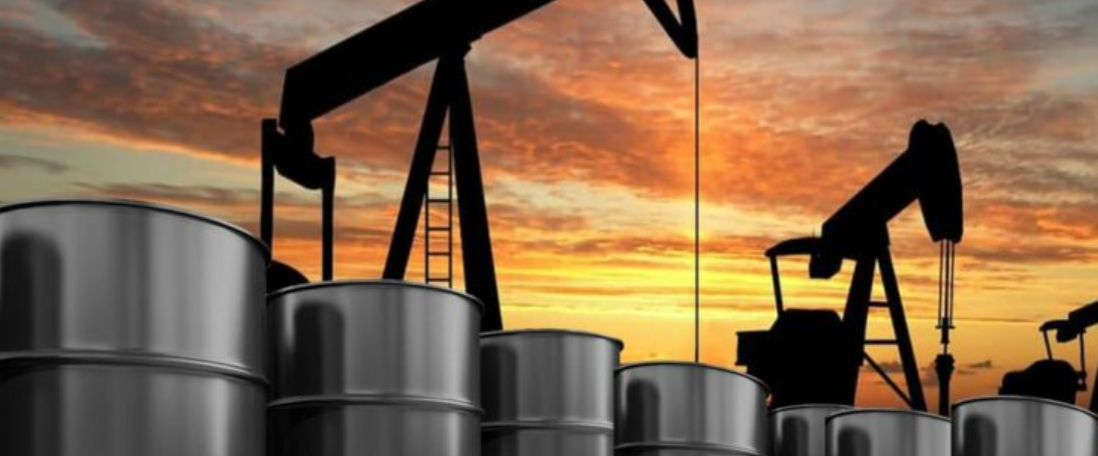In this blog we discussed how Dangote Ends $17Bn Annual Africa’s Petroleum Products Import from EU. and Nigeria’s quest for energy independence.
The exploitative $17 billion refined petroleum products importation by African countries from refiners in Europe is set to end with the coming on stream of Africa’s largest refining facility in Nigeria. The Dangote refinery is bringing to an end a decades-long petroleum products trade from Europe to Africa with net value put at about $17 billion a year, heaping pressure on European refineries already at risk of closure from heightened competition, analysts and traders said. The refinery started production in January and cost $20 billion to build. It can refine up to 650,000 barrels per day (bpd) and will be the largest in Africa and Europe when it reaches full capacity this or next year.
Read: Shell and partners take final investment decision on gas supply to Dangote.
It has long been touted as the turning point for Nigeria’s quest for energy independence. Nigeria is Africa’s most populous nation and its top oil producer, yet it imports almost all its fuel due to lack of refining capacity. About a third of Europe’s 1.33 million bpd average gasoline exports in 2023 went to West Africa, a bigger chunk than any other region, with the majority of those exports ending up in Nigeria, Kpler data shows. “The loss of the West African market will be problematic for a small set of refineries that do not have the kit to upgrade their gasoline to European and U.S. specification,” consultancy FGE’s head of refined products Eugene Lindell said, referring to more stringent environmental standards for other markets.
As much as 300-400,000 bpd of refining capacity in Europe is at risk of closure because of rising global gasoline production, according to Kpler’s analyst Andon Pavlov. A European refinery executive who declined to be identified said coastal refineries that are geared for exports will be more exposed while inland refineries are less vulnerable because they rely on local demand. “The changes won’t happen overnight, but they could ultimately lead to closures of refineries and their conversion to storage terminals,” he added, referring to the challenging market environment.
Read:Shell and partners take final investment decision on gas supply to Dangote.
European refineries don’t produce enough diesel to meet regional needs but produce too much gasoline and rely on exports to clear excess supply. West Africa has long been the main outlet for gasoline that doesn’t meet stricter environmental restrictions in Europe on sulphur and metals content. That trade accounted for $17 billion in 2023, according to price data from Argus Media and Reuters calculations. The Dangote refinery, funded by Africa’s richest man Aliko Dangote, was configured to produce as much as 53 million litres of gasoline a day, about 300,000 bpd. The drop in West African imports will coincide with new environmental laws in Northwest Europe, that will force plants to reconfigure, seek new markets for lower-quality gasoline, or close down.

